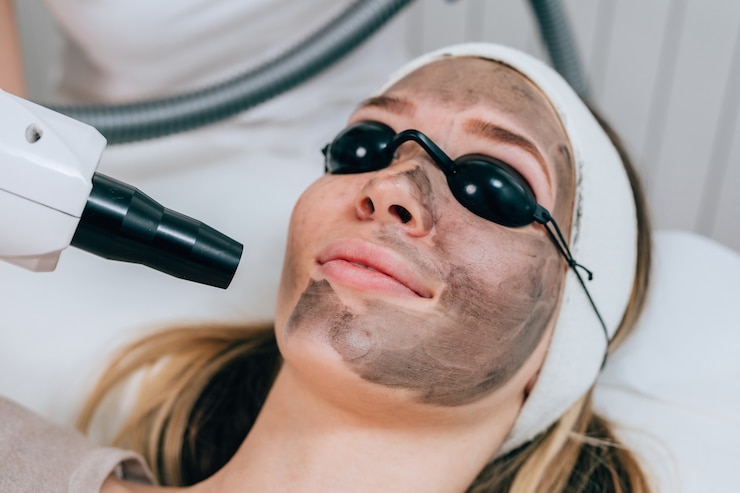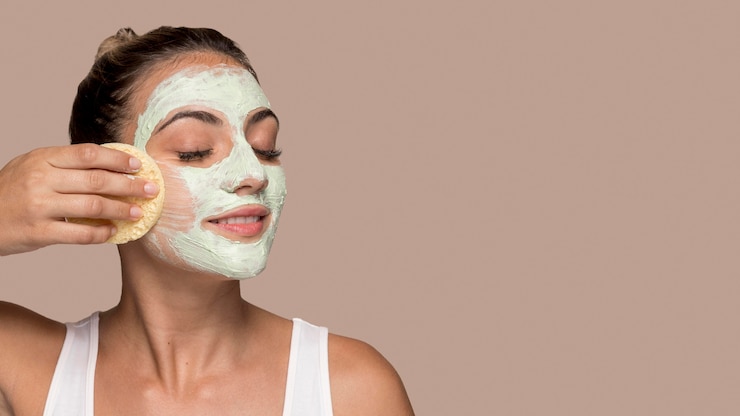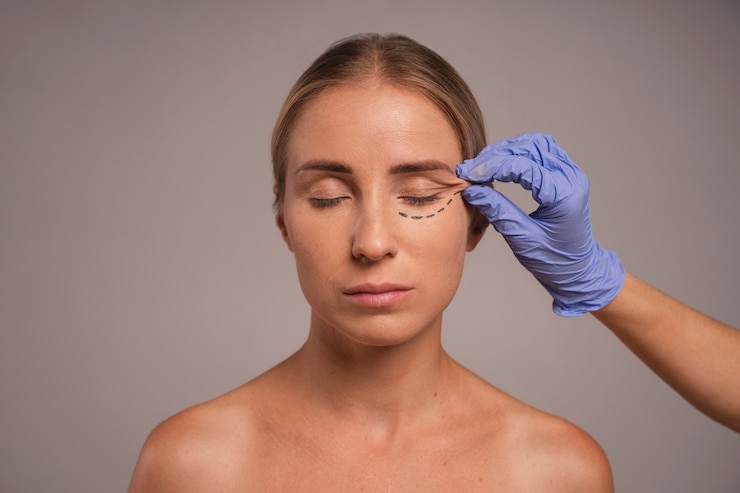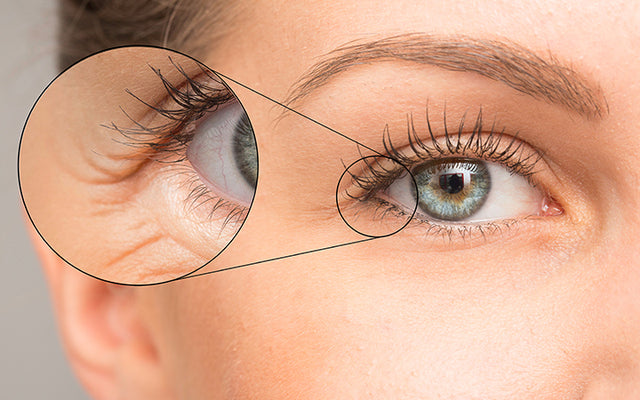 Website Copy Makeover – Turn Visitors into Buyers Instantly!
Website Copy Makeover – Turn Visitors into Buyers Instantly!
The Intersection of Culture and Psychosexual Therapy
Written by Muhammad Ahmad » Updated on: June 17th, 2025

Dubai, a vibrant metropolis known for its cultural diversity and rapid modernization, presents a unique landscape for psychosexual therapy. The city's population comprises individuals from various cultural backgrounds, each bringing distinct beliefs and practices regarding sexuality, intimacy, and mental health. Understanding the intersection of culture and psychosexual therapy in Dubai is essential for mental health professionals to provide effective and sensitive care. This article explores how cultural dynamics shape psychosexual therapy in Dubai, the challenges faced, and the implications for practitioners and clients.
A Move Towards Openness
In many regions, there has been a noticeable shift towards openness regarding discussions about sexuality. Conversations that were once deemed taboo are becoming more normalized, allowing individuals to seek help without fear of stigma. This cultural change has laid the groundwork for psychosexual therapy to flourish as a critical component of mental health care.
The Role of Education and Awareness
Increased education about sexual health in schools, workplaces, and communities has also contributed to this shift. Comprehensive sexual education programs and awareness campaigns have helped demystify issues surrounding sexuality, empowering individuals to understand their bodies and seek professional help when needed. This growing knowledge base has fostered a climate where psychosexual therapy is increasingly recognized as a valuable resource.

The Impact of Media and Technology
Social Media Influence
Social media platforms have become powerful tools for raising awareness about mental health and sexual well-being. Influencers, activists, and educators are using these platforms to share personal stories, provide information, and advocate for open discussions about sexuality. This has helped to break down barriers and promote acceptance of psychosexual therapy as a legitimate form of support.
Online Therapy Accessibility
The rise of teletherapy and online counseling services has made psychosexual therapy more accessible than ever. Individuals who may have previously felt uncomfortable seeking in-person therapy can now engage with qualified professionals from the comfort of their homes. This shift towards digital platforms caters to a diverse audience, allowing more people to address their sexual health concerns without the fear of judgment.
Cultural Diversity in Dubai
A Melting Pot of Cultures
Dubai's population includes expatriates from over 200 nationalities, creating a rich tapestry of cultural beliefs and practices. This diversity significantly influences individuals' views on sexuality and relationships. While some cultures may adopt progressive views on sexual health, others may adhere to more traditional beliefs rooted in religious or cultural norms.
Impact of Religion and Tradition
In Dubai, Islam plays a prominent role in shaping societal attitudes toward sexuality. Traditional Islamic values often emphasize modesty and restraint, which can influence individuals' perceptions of psychosexual health. However, the coexistence of other religious beliefs and cultural practices contributes to a more nuanced understanding of sexuality in the city.
The Role of Psychosexual Therapy
Addressing Diverse Needs
Psychosexual therapy in Dubai aims to address the unique needs of individuals navigating their sexual health and relationships within a multicultural context. Mental health professionals must recognize that clients may experience sexuality differently based on their cultural backgrounds. This understanding is vital for developing effective treatment plans and therapeutic interventions.
Therapeutic Approaches
Therapists in Dubai often employ a range of therapeutic approaches, integrating culturally relevant practices with evidence-based methods. For instance, integrating traditional healing practices with contemporary therapeutic modalities can resonate with clients from diverse backgrounds, promoting a sense of familiarity and comfort.
Challenges in Psychosexual Therapy
Cultural Stigmas
Despite its modernity, discussions surrounding sexuality can still be sensitive in Dubai. Cultural stigmas related to sexual orientation, gender identity, and premarital relationships may discourage individuals from seeking therapy. Clients may fear judgment or backlash from their communities, leading to a reluctance to address psychosexual issues openly.
Legal and Social Constraints
Laws in the UAE regarding sexual behavior and relationships can create additional barriers to open discussions about psychosexual health. Mental health professionals must navigate these constraints carefully, ensuring that they provide culturally sensitive care while adhering to legal guidelines.
Language Barriers
Dubai's diverse population also presents challenges related to language barriers. Therapists may encounter clients who speak various languages, making effective communication essential for understanding clients’ experiences and providing appropriate support.
Strategies for Culturally Sensitive Psychosexual Therapy
Enhancing Cultural Competence
Therapists in Dubai should prioritize cultural competence by engaging in continuous education about diverse cultural beliefs and practices related to sexuality. This can include attending workshops, participating in training sessions, and actively seeking knowledge about clients' cultural backgrounds.
Building Trust and Rapport
Establishing trust and rapport is crucial in psychosexual therapy. Therapists should create a welcoming environment where clients feel comfortable discussing their experiences. This can be achieved through active listening, empathy, and validation of clients’ feelings and identities.
Utilizing Multilingual Resources
Offering therapy in clients’ preferred languages can enhance communication and understanding. Therapists should consider utilizing multilingual resources and translation services to ensure that clients can express themselves fully and accurately.
Emphasizing Inclusivity
Creating Safe Spaces
Therapists must create safe spaces where clients can openly discuss their sexual health and relationships without fear of judgment. Encouraging open dialogue about diverse identities and experiences can foster inclusivity and promote a sense of belonging.
Collaboration with Community Organizations
Collaborating with community organizations that serve diverse populations can enhance the reach of psychosexual therapy. Partnering with local groups can provide valuable resources and support for clients, helping to create a more inclusive mental health landscape.
The Future of Psychosexual Therapy in Dubai
Evolving Perspectives
As Dubai continues to evolve, so too do perspectives on sexuality and mental health. Greater awareness and acceptance of diverse sexual orientations and identities are gradually emerging within the community. Mental health professionals must stay informed about these changes and adapt their practices accordingly.
Advocating for Change
Therapists can play a crucial role in advocating for more inclusive policies and practices within the mental health field. By raising awareness about the importance of culturally sensitive psychosexual therapy, professionals can contribute to a more equitable and compassionate mental health landscape.
Conclusion
The intersection of culture and psychosexual therapy in Dubai presents both challenges and opportunities for mental health professionals. By understanding the diverse cultural beliefs and practices related to sexuality, therapists can provide more effective and compassionate care. Emphasizing cultural competence, building trust, and promoting inclusivity are essential for addressing the unique needs of clients in this dynamic city. As Dubai continues to evolve, the future of psychosexual therapy holds promise for fostering greater understanding, acceptance, and support for individuals navigating their sexual health and relationships within a multicultural context.
Note: IndiBlogHub features both user-submitted and editorial content. We do not verify third-party contributions. Read our Disclaimer and Privacy Policyfor details.
Copyright © 2019-2025 IndiBlogHub.com. All rights reserved. Hosted on DigitalOcean for fast, reliable performance.

















